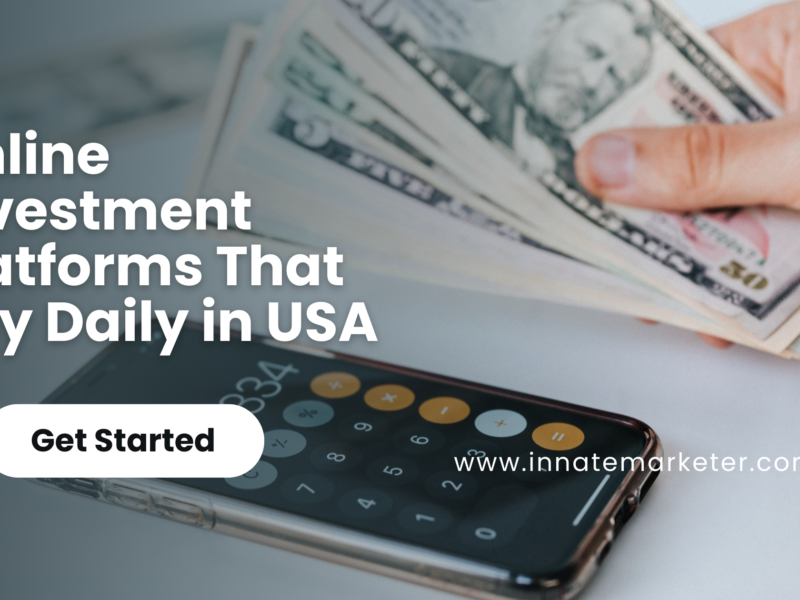Is PalmPay Insured by NDIC?
PalmPay has grown into one of Nigeria’s most widely used mobile money and digital financial services platforms. With millions of users relying on it for transactions, bill payments, and savings, an important question arises for security-conscious users: Is PalmPay insured by the NDIC (Nigeria Deposit Insurance Corporation)?
Understanding NDIC and Its Role
The NDIC is a government-backed institution that insures depositors’ funds in banks and licensed financial institutions. Its purpose is to ensure that even if a financial institution collapses, depositors can reclaim a portion (up to ₦500,000 for commercial banks and ₦200,000 for MFBs or PMIs) of their money.
Learn the passive income models behind real net worth stories.
Simple strategies • Beginner-friendly • Practical
Get the Passive Income PlaybookNDIC insurance applies primarily to:
- Licensed commercial banks
- Microfinance banks
- Primary mortgage institutions
- Mobile money operators under CBN guidelines
Is PalmPay a Licensed Financial Institution?
PalmPay is a licensed mobile money operator under the supervision of the Central Bank of Nigeria (CBN). It was granted an approval-in-principle and later full license to operate as a fintech in Nigeria. This license allows it to provide payment services, operate wallets, and offer basic financial services.
Is PalmPay NDIC-Insured?
The short answer is: PalmPay itself is not directly insured by the NDIC. However, here is how deposit safety works:
- PalmPay partners with licensed commercial banks and holds customers’ funds in pooled accounts within these banks.
- Those partner banks are insured by NDIC, so indirectly, user funds benefit from that coverage.
- PalmPay is regulated by the CBN, which enforces strict KYC, fund segregation, and liquidity requirements to protect users.
How PalmPay Ensures Fund Safety
While not insured in the conventional way NDIC insures bank savings, PalmPay takes user security seriously:
- Bank Partnerships: PalmPay works with NDIC-insured partner banks to hold and secure users’ funds.
- Regulatory Oversight: It operates under CBN rules, including reserve requirements and consumer protection mandates.
- Two-Factor Authentication (2FA): Transactions require PINs and biometrics.
- Transaction Monitoring: Suspicious or fraudulent activity is automatically flagged and stopped.
- Licensing and Audits: PalmPay undergoes audits and must meet capital and operational standards.
What Should Users Do to Stay Safe?
- Always update your app to the latest version for maximum security.
- Never share your PalmPay PIN or OTP with anyone, not even PalmPay staff.
- Ensure your phone has a screen lock and PalmPay app is protected with a password or biometric login.
- If your phone is stolen, immediately contact PalmPay to block your account.
What If PalmPay Shuts Down?
Although unlikely, if PalmPay were to shut down:
- Funds stored in the partnered commercial banks would still be retrievable under NDIC insurance (up to ₦500,000).
- The CBN and NDIC would work to ensure users are compensated as required by law.
Comparison With Traditional Banks
Traditional banks like GTBank, Access Bank, and Zenith Bank are directly NDIC-insured. If you keep ₦300,000 in your GTBank account, that money is explicitly protected under NDIC.
With PalmPay, your funds are in an e-wallet, not a traditional savings account, but still routed through insured financial channels.
Learn the passive income models behind real net worth stories.
Simple strategies • Beginner-friendly • Practical
Get the Passive Income PlaybookFinal Verdict
PalmPay users enjoy indirect NDIC protection through the insured banks it partners with. While the platform itself isn’t NDIC-insured in the technical sense like a licensed commercial bank, the safety of funds is maintained through:
- CBN regulation
- Partner bank insurance
- Strong internal security controls
Related Resources
- List of 20 Commercial Banks in Nigeria
- Best Banks in Nigeria
- Earn Money Directly to Your Bank Account
Conclusion
If you’re worried about NDIC insurance on PalmPay, rest assured: your money is protected via the secure channels PalmPay uses. It is regulated by the Central Bank of Nigeria and works with insured commercial banks. Still, always practice safe usage habits and monitor your transactions regularly.




